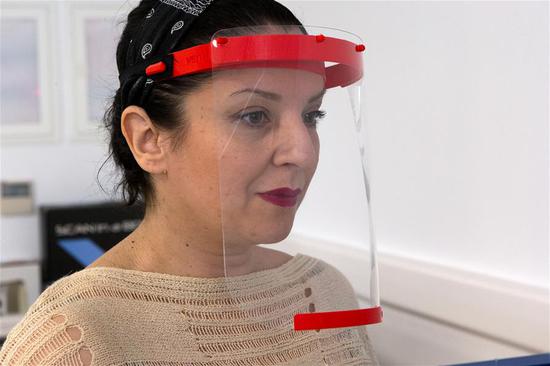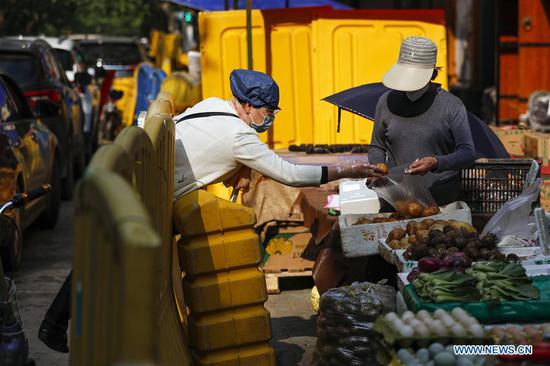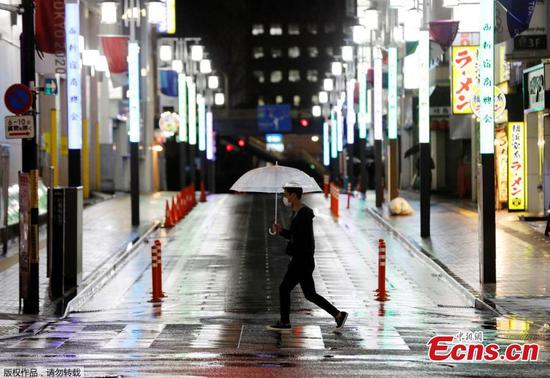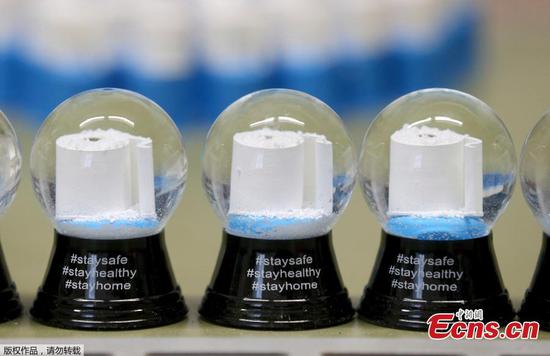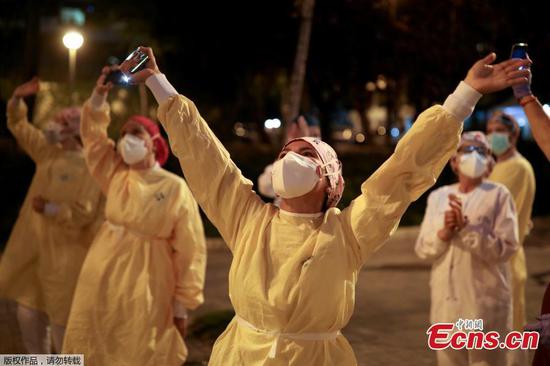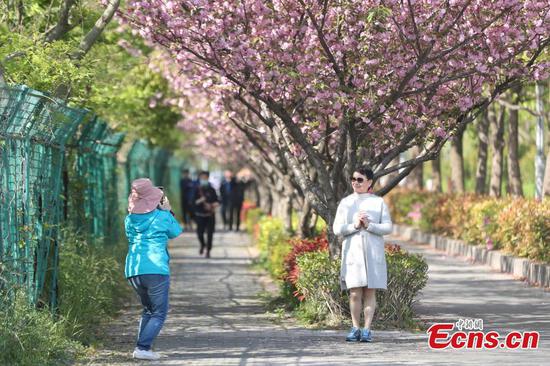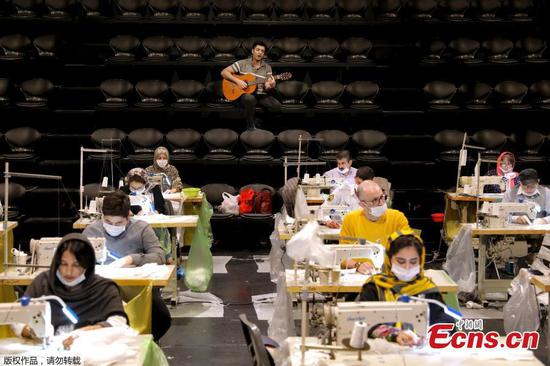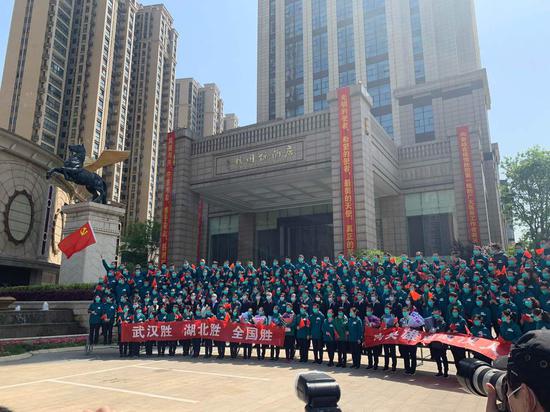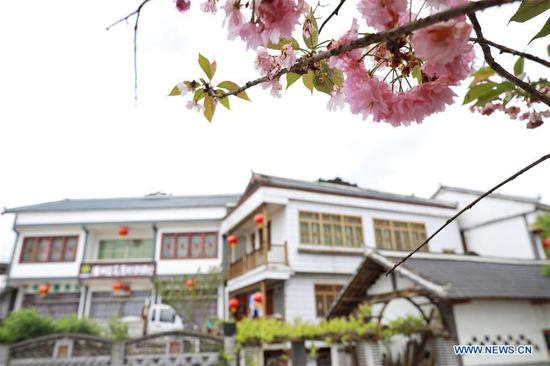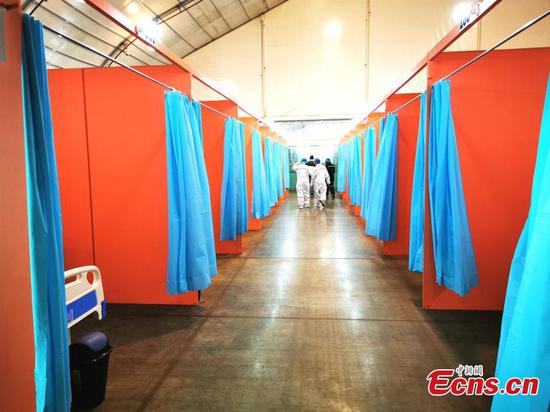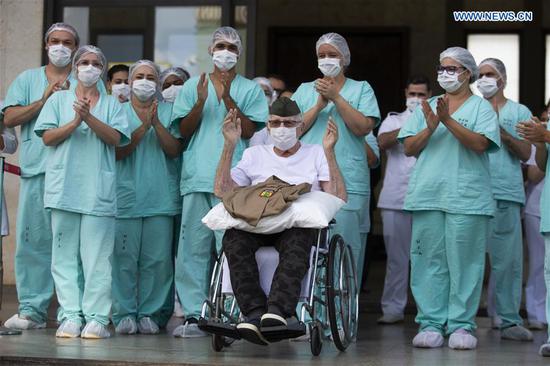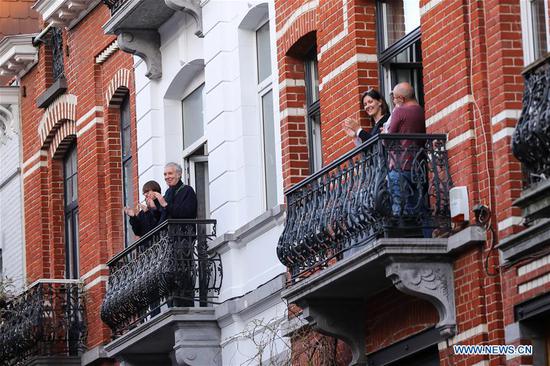Will people dine out after the pandemic?
Ou said she will consider dining out when primary and middle schools reopen, but nothing beats homemade food even in normal times. "It is healthy, delicious and affordable, and I have discovered lots of cooking skills during these days."
"Consumers' thinking and actions have been reoriented, and this will have long-term consequences. For many, old habits like eating out may forever be replaced by new habits," Vaughan Ryan, manager director for Southeast Asia at Nielsen, said in the report, explaining that consumers will not only reassess where they are eating, but also what they are eating.
However, Zhang Yi, CEO and chief analyst of iiMedia Research, argued that essential consumption, especially the catering industry, will rebound after the COVID-19 epidemic comes to an end. "During the SARS outbreak, the number of people dining out declined in the second half of 2003 but it surged again when the Spring Festival came," Zhang recalled during the interview with CGTN.
Social distancing may become the new normal in a foreseeable future, but dining and eating together are not going to disappear entirely.
Professor Gao said dining out is not only about eating; it is a kind of ritual and opportunity for social interaction. Eating at home cannot provide this kind of an experience.
"Being together with my friends when dining out is more meaningful than making my stomach full," echoed Chen.
In addition, people nowadays are embracing a more densely urbanized, busier lifestyle, which means they may not have enough time to cook.
"Although I prefer to eat at home, but it may be difficult," Chen said, explaining that people will go back to the "busy mode" when the pandemic is over.












